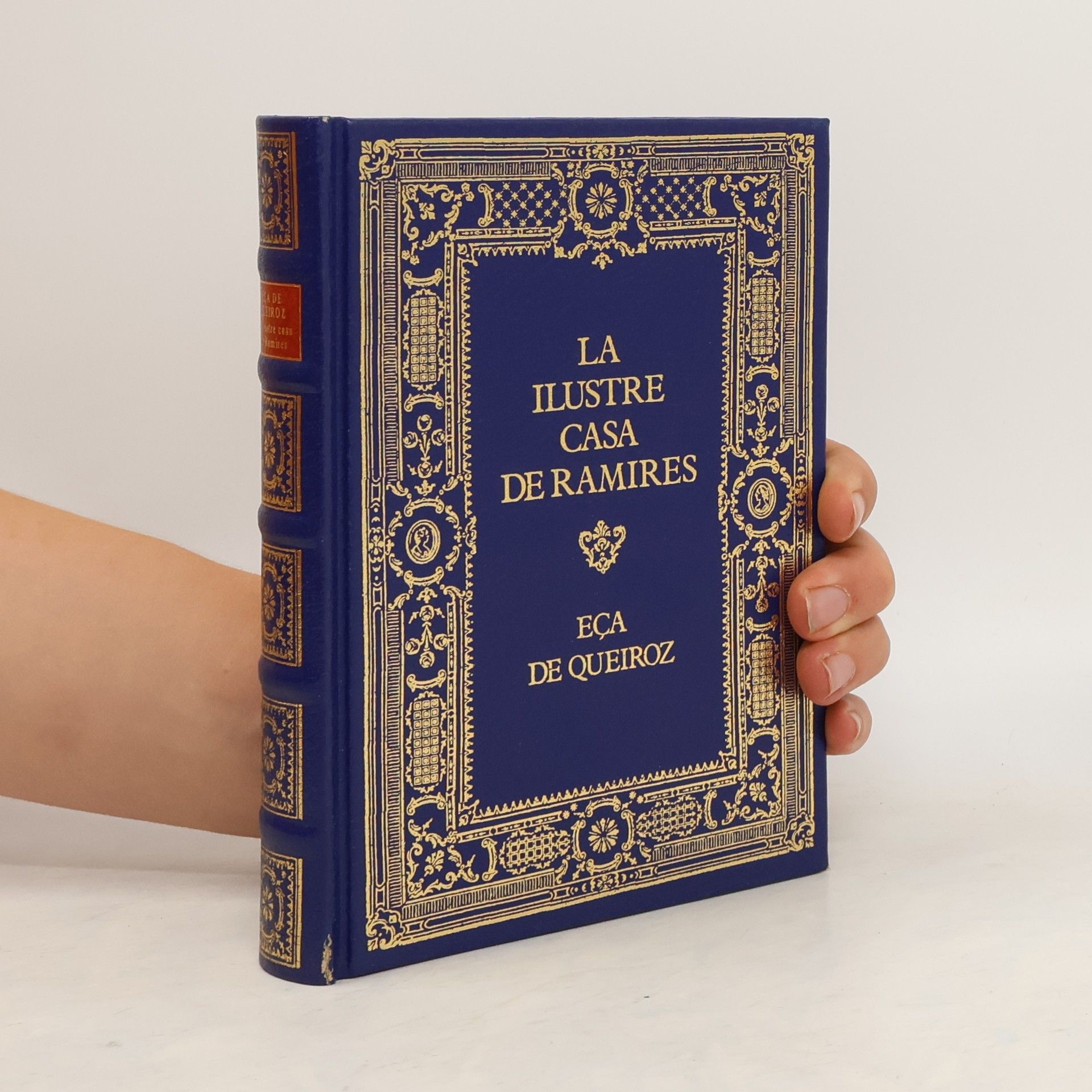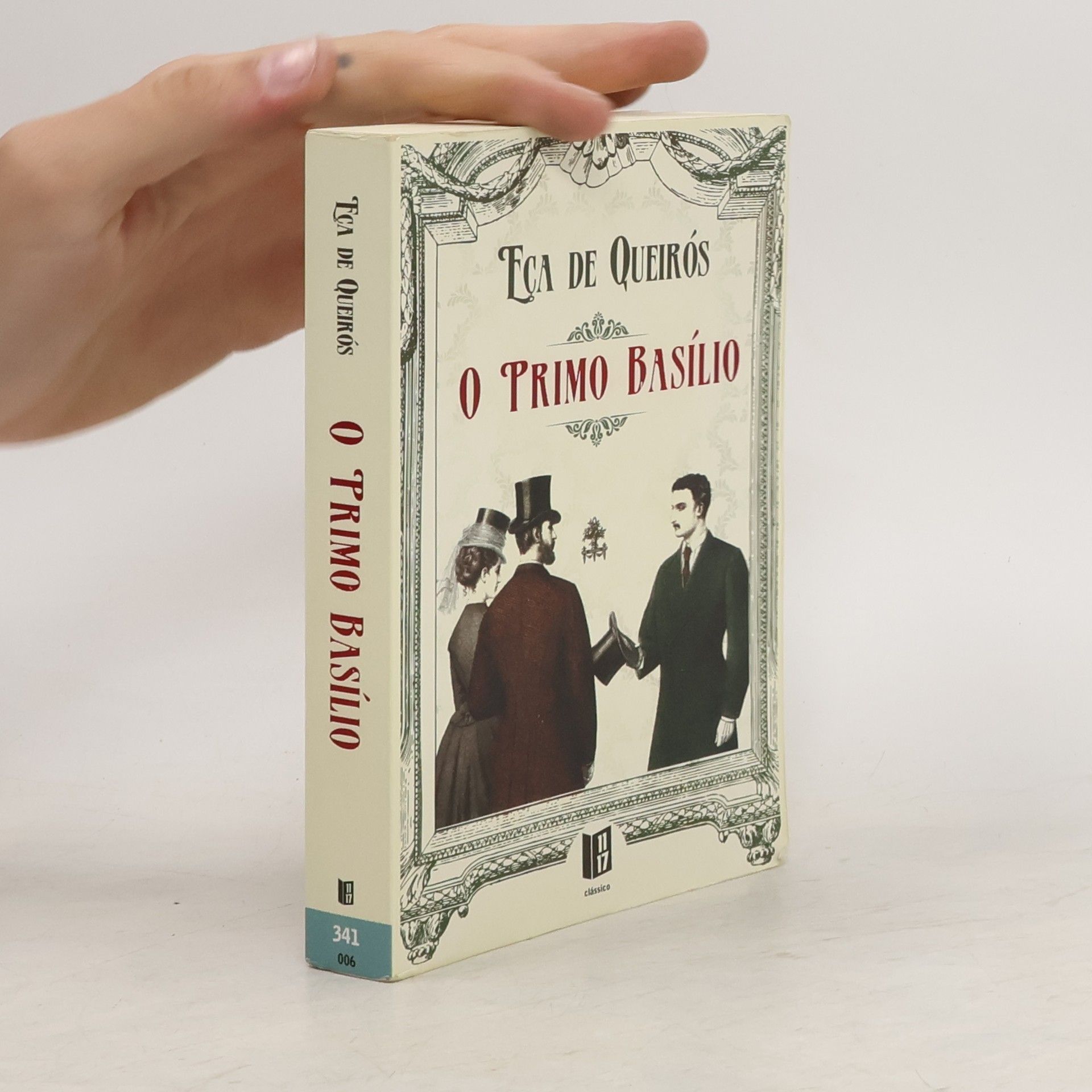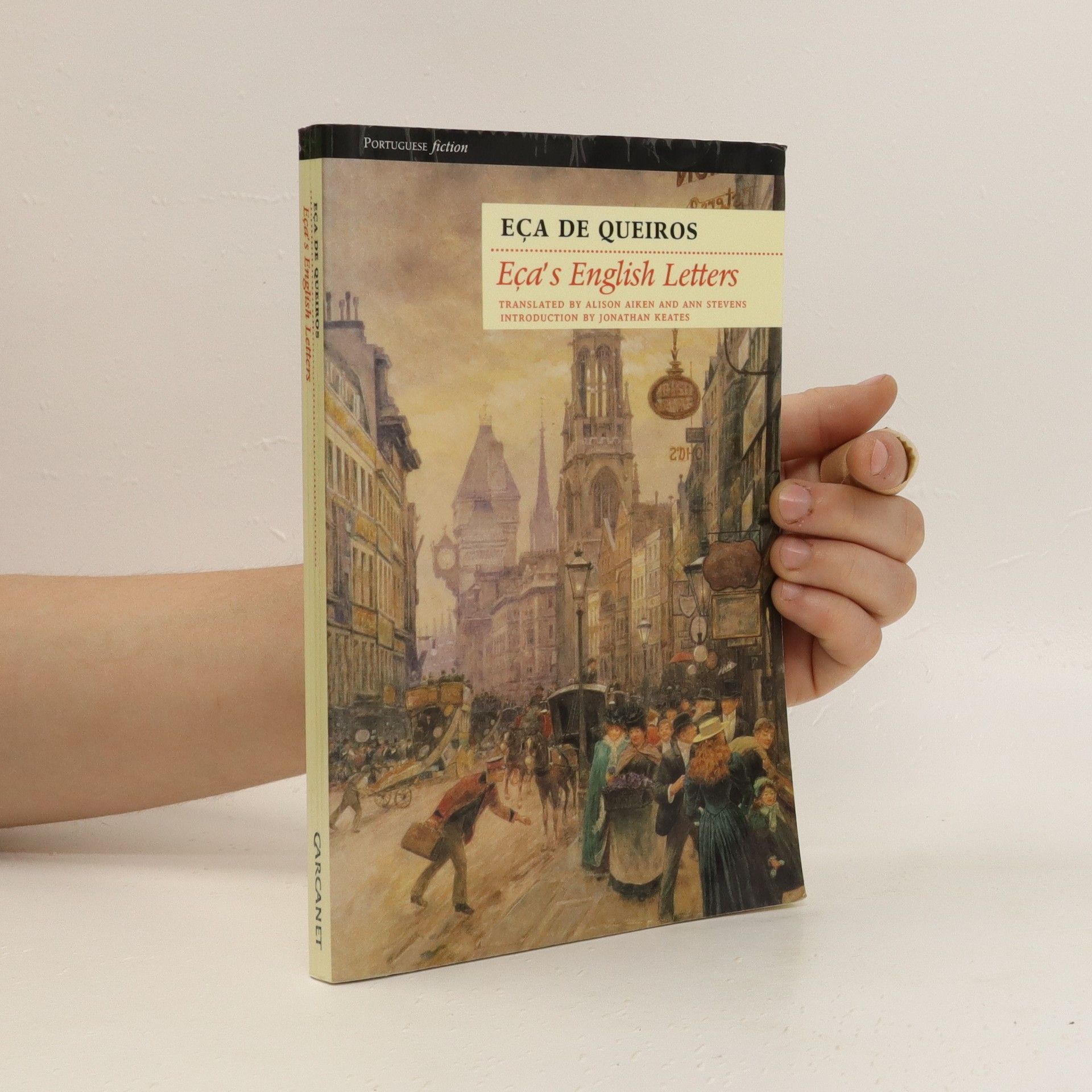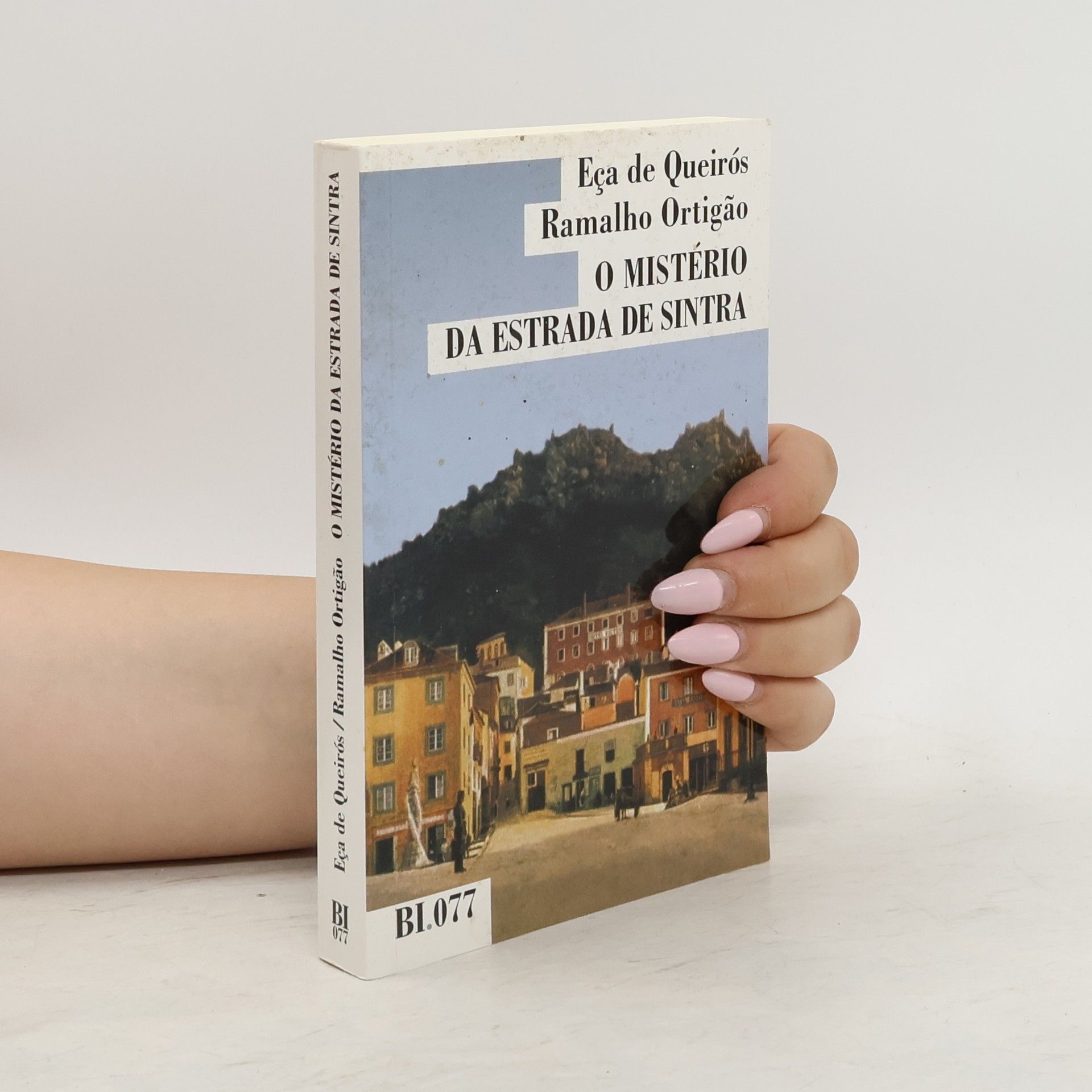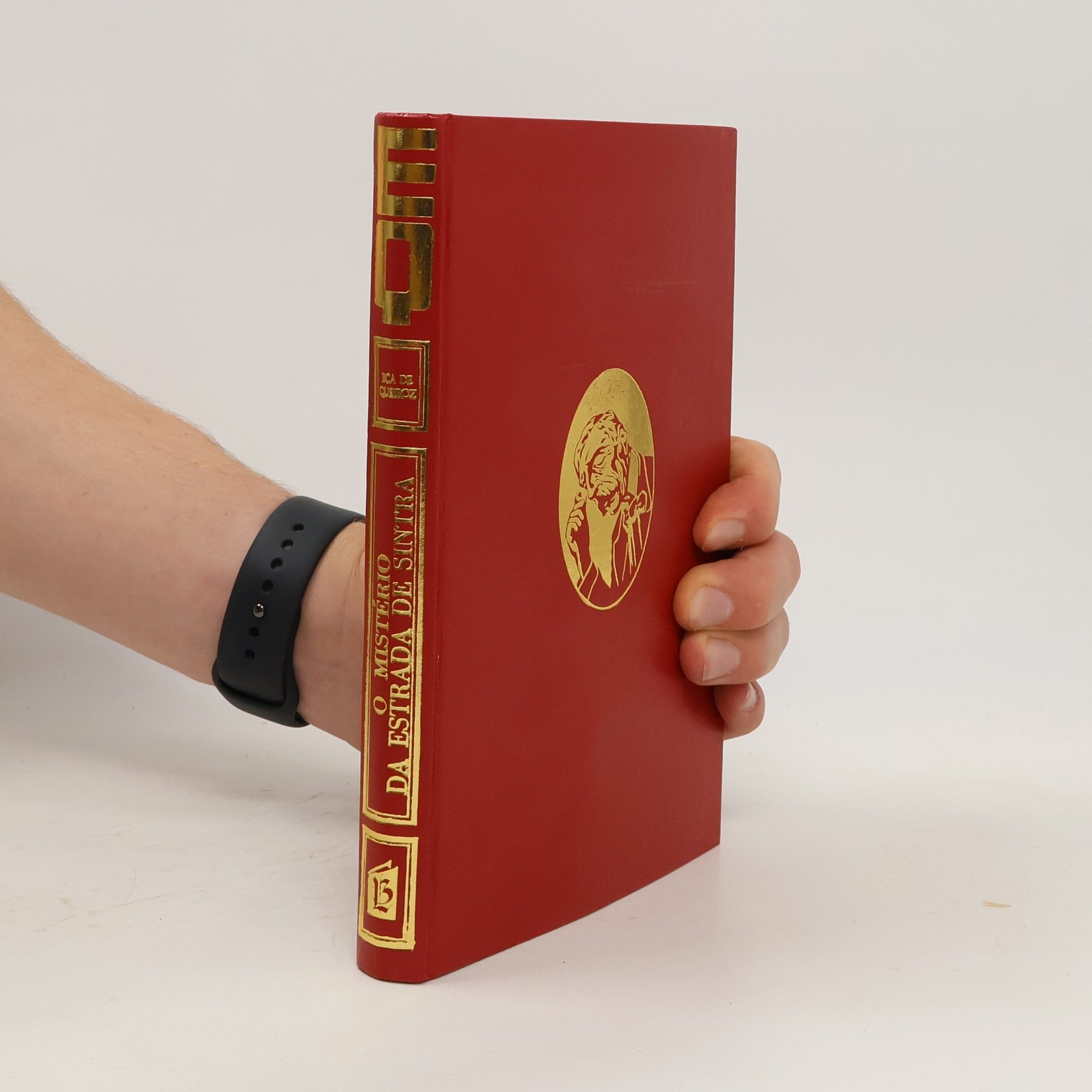Eça's English Letters
- 208 pages
- 8 hours of reading
England in the 1880s: the aristocracy stoically endures the tedium of country-bound weeks in winter, when fashion forbids their showing themselves in London. Lord Beaconsfield's death is mourned - and a national myth is buried. The Times remains the watchdog of the English conscience. Abroad, John Bull is sweetly reasonable; Irish rebels must not be allowed to incommode English landlords; Egyptian rebels must by taught to respect their established rulers (and of course, British interests must be safeguarded). Meanwhile, in Newcastle-upon-Tyne, an obscure young Portuguese consul, Eca de Queiros, writes regular letters to his Brazilian readers, giving a dry, gently amused, if not wholly impartial, account of these and other English activities. If his facts are sometimes a shade garbled, ad his irony occasionally cruel, his descriptions of people, places and events are always lively and vigorous. He shows a propoensity for blowing raspberries at our more venerable institutions - the Times he finds incessently amusing - but, read as a corrective to the British propoganda of the period, "Letter from England" provide a vivid glimpse of late-Victorian Britain as an eminently civilized European would have seen it.
